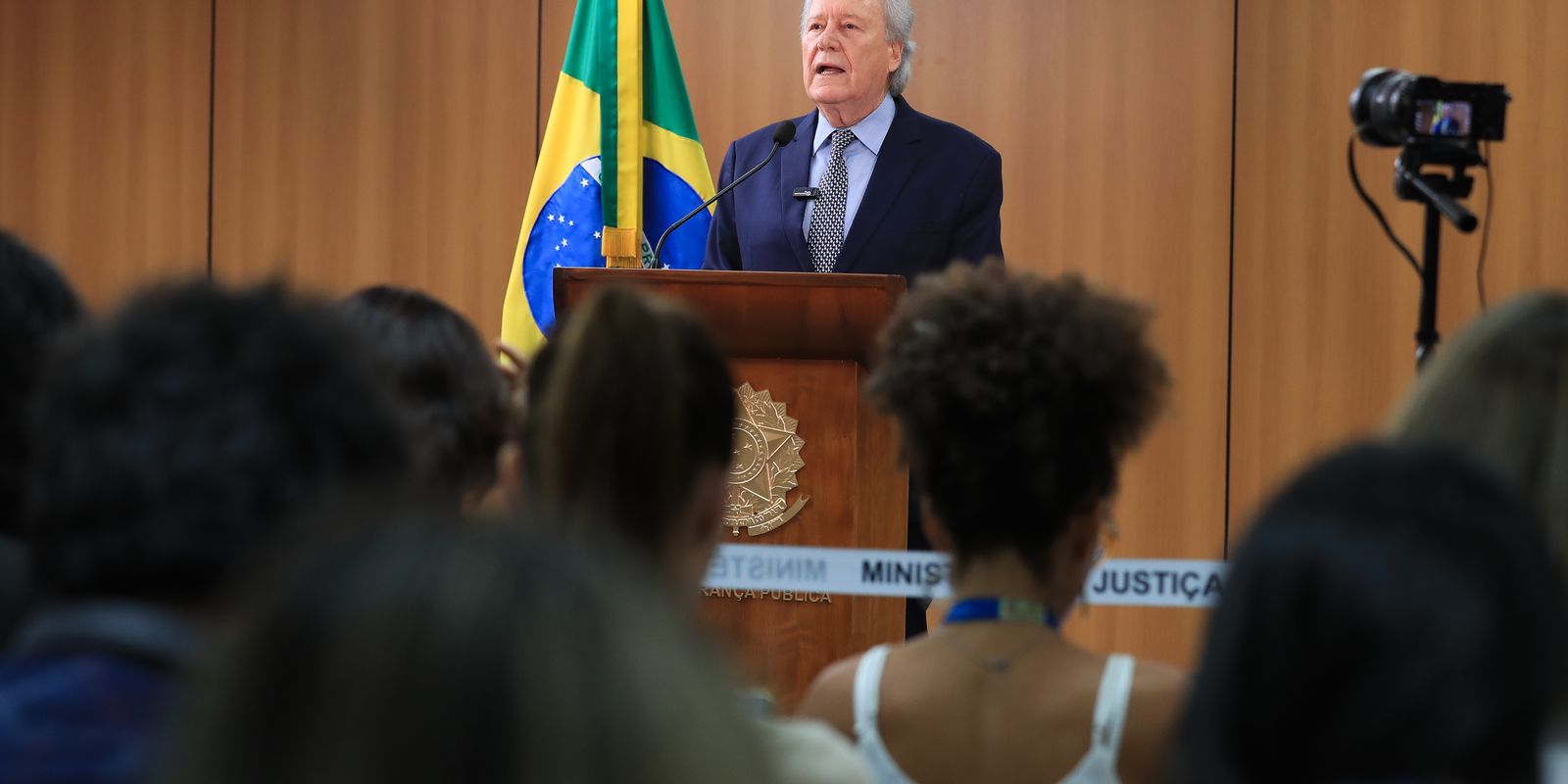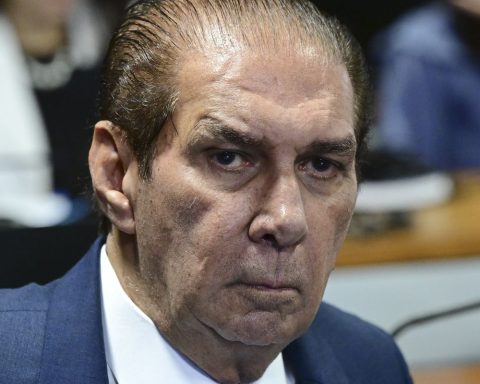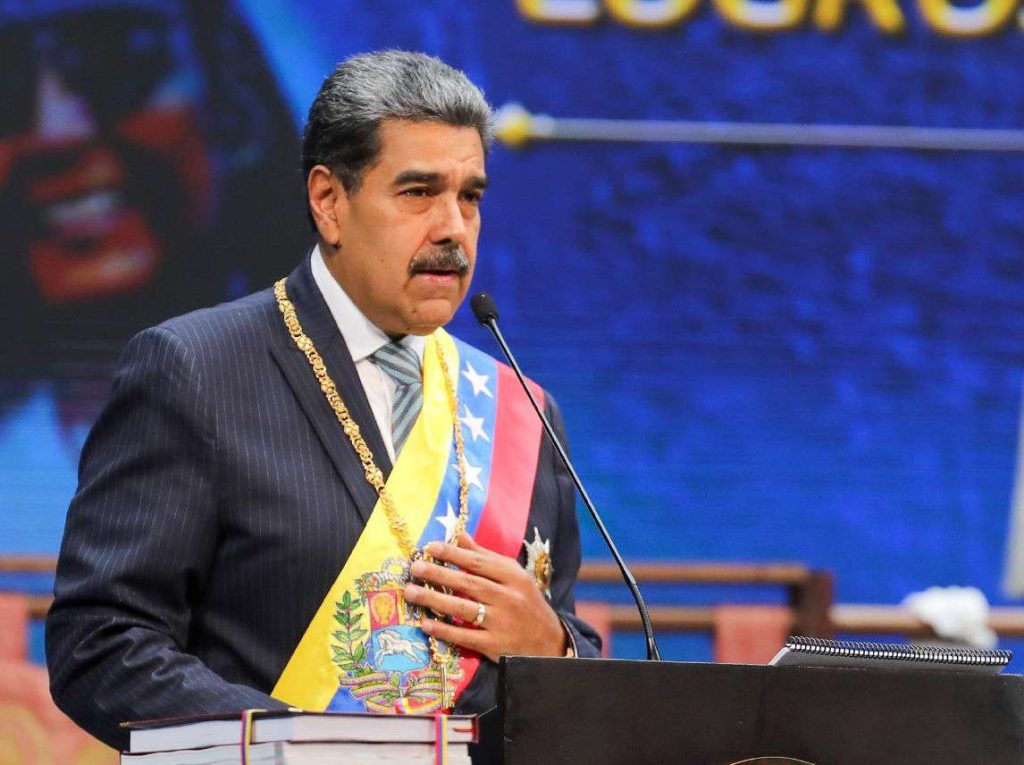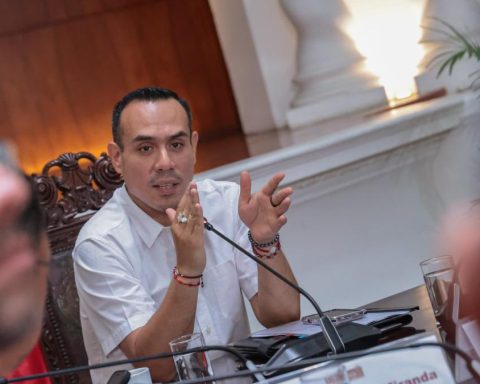The Minister of Justice and Public Security, Ricardo Lewandowski, presented this Tuesday (15) a new version of the Proposed Constitutional Amendment (PEC) for Public Security, incorporating suggestions made by state governors and the Federal District. Originally presented in October last yearthe text spent the last few months in debate between the federal government and states. In total, according to Lewandowski, five meetings were held to discuss the proposal, which will now be re-presented by the department to the Presidency of the Republic, for later sending to the National Congress.
“We realize that the main concern of the governors, which we understand has been met in this proposal now, which we are sending to the Civil House, to later be sent to the National Congress, is the supposed loss of autonomy of the governors with regard to commanding the civil police, military and military fire departments. We understand that we have resolved this”, said the minister, in a press conference, at the department’s headquarters, in Brasília.
“We are writing in all letters that these powers attributed to the Union will not restrict the subordination of the military, civil and criminal police, and that of the military fire departments, to the governors of the states and the Federal District. Thus, we understand that we are removing any doubts regarding this. The autonomy of the states and the DF, in this aspect, is completely preserved, if at all. [a PEC] is approved by the National Congress”, added Lewandowski.
The PEC changes the wording of articles 21, 22, 23 and 24 of the Federal Constitution – which deal with the Union’s competences, private or in common with the states, municipalities and Federal District – and changes Article 144, on the bodies that take care of the public safety across the country.
With the proposal, the federal government intends to provide status constitutional to the Unified Public Security System (Susp), created by ordinary law in 2018 (Law 13,675). Furthermore, it wants to introduce into the Federal Constitution the provisions of the National Public Security Fund and the Penitentiary Fund, which are currently established in their own laws. The new wording makes it clear that the resources from these funds “will be shared among all members of the Federation, in accordance with the law, with their contingency prohibited.” The discussion about the sources of financing for the two funds, which was one of the demands of the state Public Security secretaries, will be left for another specific bill.
Federal Highway Police
The text of the PEC also increases the duties of the Federal Police (PF) and the Federal Highway Police (PRF). In the case of the PRF, in the first version of the proposal, it would be called Federal Ostensive Police, but now the government suggests that the name be Federal Road Police. “The ordinary duty of the Federal Highway Police, which we will call the Federal Road Police, will be the overt patrolling of federal highways, railways and waterways”, noted the minister.
In addition to these duties, the new PRF could act in public calamities and natural disasters, as well as in the protection of federal goods, services and facilities, upon authorization from the Minister of Justice. The force could still be used to support the state security police, as long as it is requested by the governors.
“This is a draft. After listening to the governors and Public Security Secretaries, we redid the text and it will, without a doubt, be improved by the National Congress. After 36 years of the Federal Constitution being in force, crime has changed, the nature of crime has changed. We need to rethink the public security model that was considered by the constituents in 1988”, emphasized Lewandowski.
Autonomous internal affairs bodies and ombudsman offices
Another important point of the new version of the PEC is the constitutional provision that all security forces in the country, whether federal, state or municipal, must have internal affairs offices (which investigate functional infractions) and ombudsman offices (to receive complaints and suggestions from the population) . These two bodies must be autonomous and not subordinate to the hierarchy of police forces. Asked about how this obligation would be fulfilled, Lewandowski said that, at the limit, Justice could act.
“At the moment it is in the Magna Carta, it is a fundamental right of citizens that can be demanded through specific actions in the Judiciary”, stated the minister.















